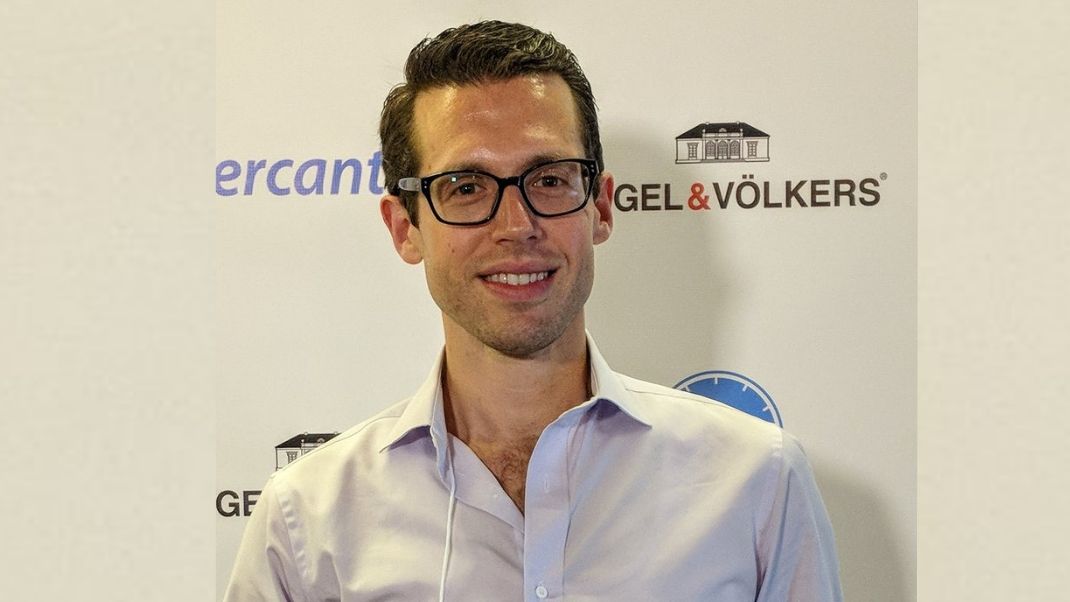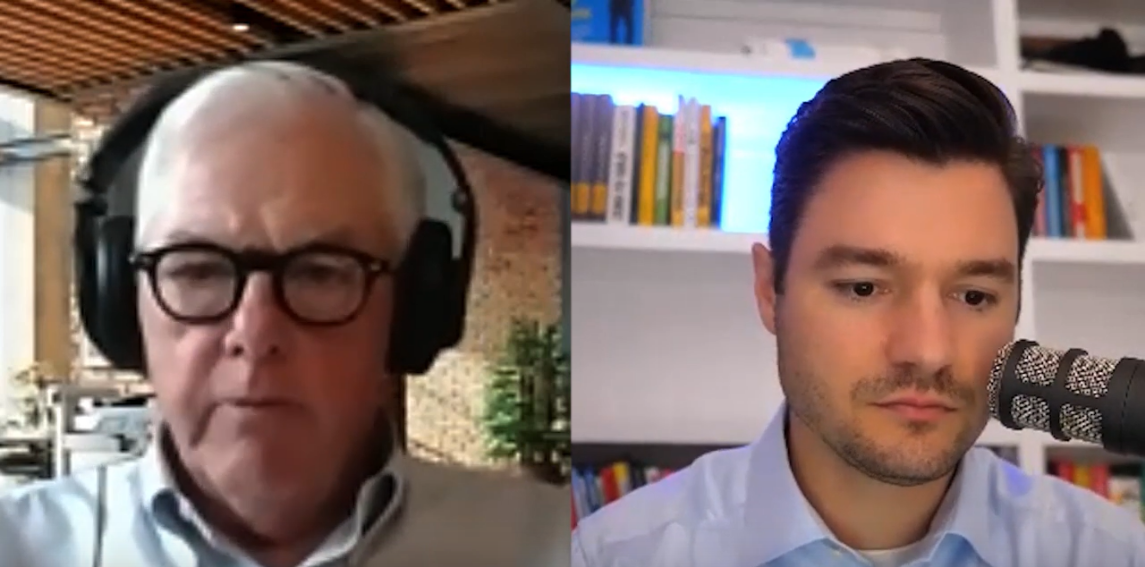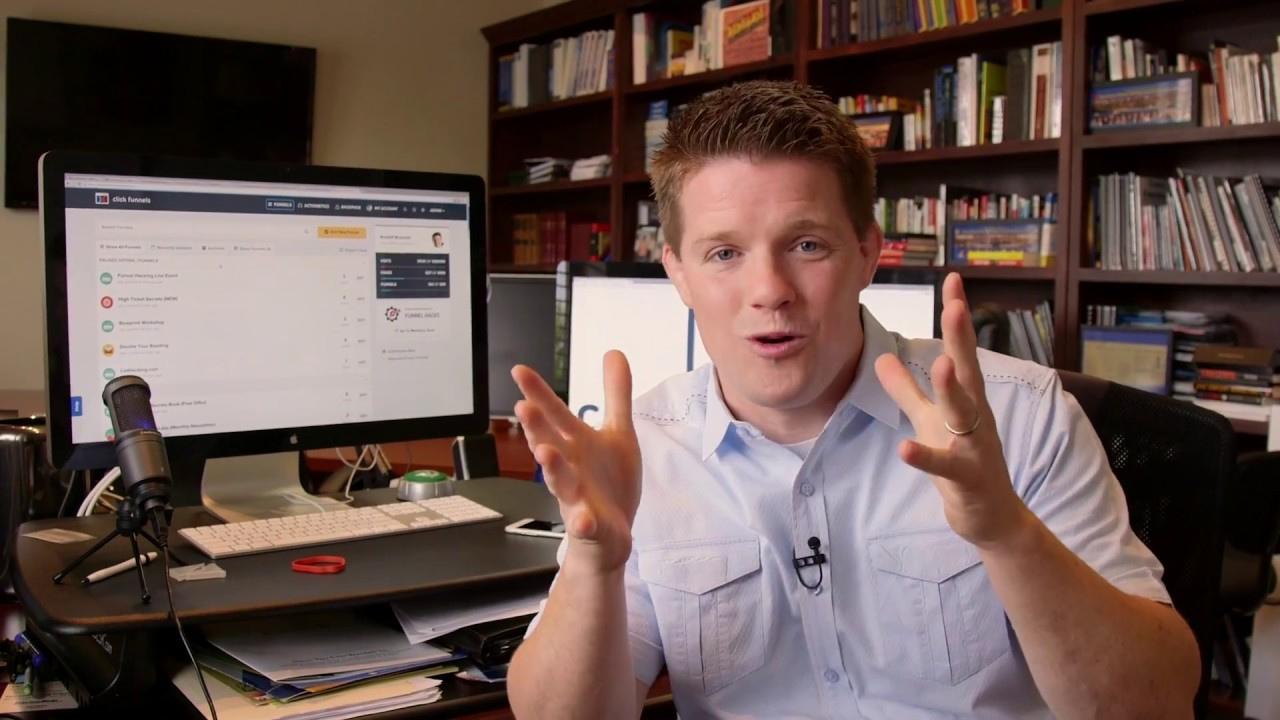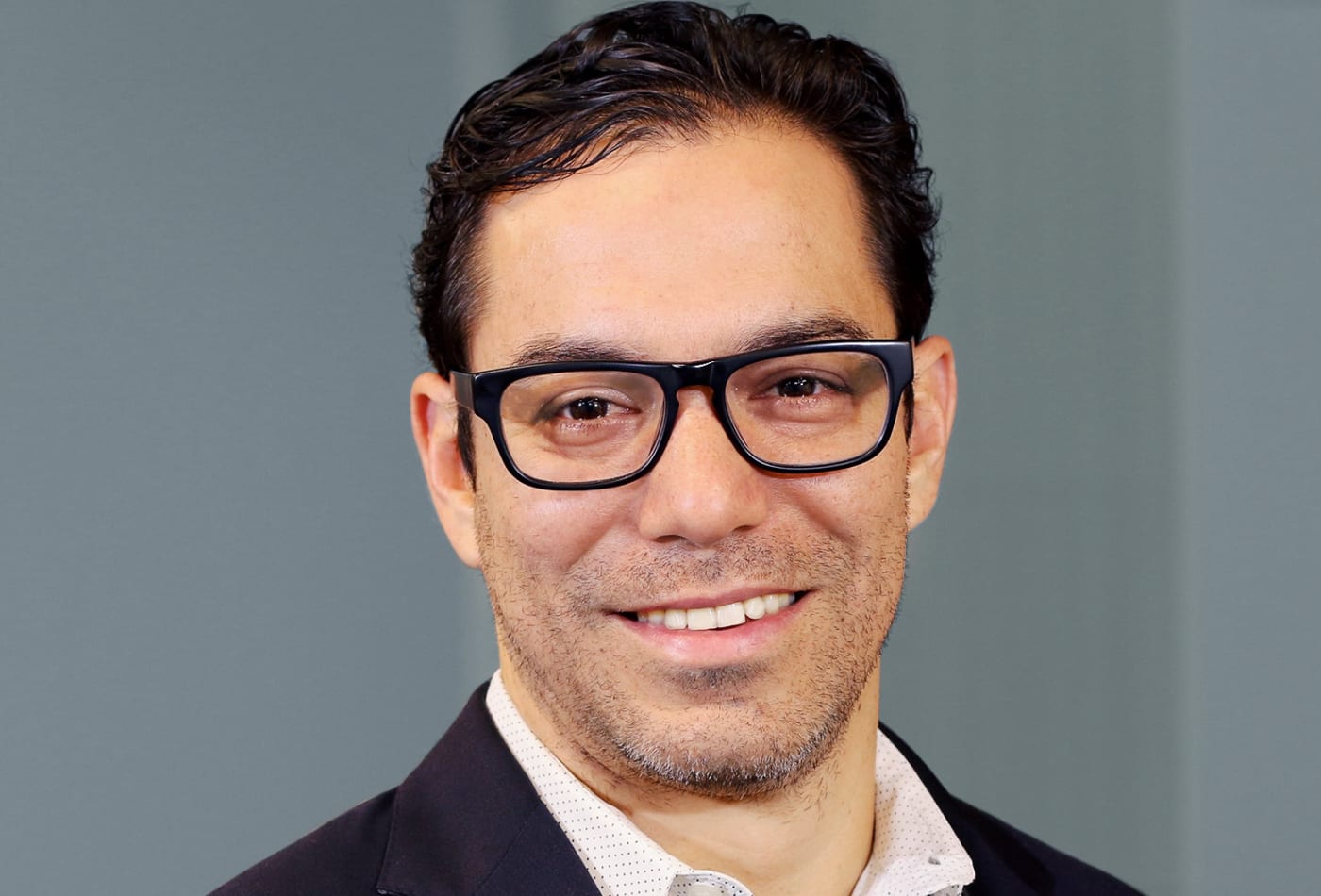AMA session with Harlan Milkove, Founder at Reonomy, a Series-D real estate analytics platform. Now he runs Foundational, a VC Market Intelligence company.
Want one-on-one time with SaaS executives and Investors like Harlan? Join the #1 Slack community for SaaS CEO’s, Founders, and Investors.
Harlan Milkove was a founder of Reonomy, a real estate analytics platform that has raised $125m+ from VC funds like Sapphire, Bain Capital, and Softbank. His latest venture, Foundational works with early-stage startups to expedite their pursuit of venture capital. Prolonged capital raises are damaging to operations and valuations. Foundational bridges the founder-investor information gap with VC Market Intelligence to help founders know when, how, and from whom to raise capital. Foundational is currently working with 50 companies.
Hey Harlan, thanks for the time and appreciate you getting to this question! At what point after founding Reonomy did you realize it had the potential to be a massively venture backable business? What were the key milestones or signals of traction? Most startups don’t get funded, or never raise past a seed/series A.
I felt the potential as soon as I met my co-founder Charlie and he shared his vision with me (~2011). He had already done a bunch of research on how various CRE firms were doing due diligence on properties and observed that they were all conducting the same type of analysis with their own teams of MBAs in spreadsheets. The type of data they were using as inputs was mainly coming from proprietary sources. At the time, open data initiatives were being announced in waves around the country. Every major municipality had a roadmap for what they would be publishing, and when.
NYC was leading the charge and is a massive market so we started there. Of course there were some assumptions remaining to be proven and we did face a lot of friction raising a seed round. Two things tipped the scales for us in the process: 1. We had made an early sale of a one-off a report to a major bank and that came with a letter of intent to subscribe in a big way when we were ready to move forward. 2. we brought on a great CEO as a co-founder who had a strong relationship with the fund that led the seed round (High Peaks VC now Primary VP) – Rich is still there as the CEO post series D.
Hey Harlan, thanks in advance for taking the time for this AMA! Whats the single most repeated piece of advice that you find yourself giving founders you’ve worked with at Foundational?
I’d say the most common piece of feedback is regarding problem statements not painting a picture of who the potential buyer of a solution might be. For instance, talking about global-scale financial pain doesn’t make sense if there is no buyer representing planet earth. Similar to this, is a problem statement that doesn’t actually describe a pain-point at all. like, “Tool sheds aren’t connected to the internet.” (I just picked something I thought wouldn’t be contentious – sorry if I offended any HaaS Shed founders)
Tell us more about the concept of ‘VC Market Intelligence.’
Sure – essentially this is sell side research for startups. VCs spend a lot of time and resources contextualizing the market so they can make sound decisions and spot winning teams. Most founders don’t have this and as a consequence learn what the market expects piece-wise at the time they’re seeking to raise.
What are they learning? What core business metrics they should have been optimizing, how to combat common objections from potential buyers, and who the relevant players are in the VC community. All of these are knowable ahead of time with research-oriented solutions.
Are there other companies/services comparable to Foundational?
In terms of other players, I’d say Pitchbook, CB Insights and also your SaaS focused publication.
Where do you see the VC Market Intelligence space in 5 years? Will it be the standard for early stage companies seeking fundraising to use a service such as Foundational?
In terms of 5 year objectives, we work with about 50 ventures per year now, and I believe there is a market potential to work with 1,000 in that time-frame. I’m not sure it will be a standard for all founders at the early-stages to work with us with our current offering, but I do believe our method of analysis will be commonly known in the same way that Lean Startup principals are a standard.
Appreciate you taking the time for the AMA session! I’m curious what stage companies you primarily work with at Foundational? Pre-seed, Seed? Is there a typical pattern of traction/revenue/metrics or factors that make a company a good candidate?
The most common pattern we see is a venture that has been funded but not yet by institutional investors (i.e. F&F or angel rounds), is post-launch, and trying to figure out what their next round will look like knowing it will likely be led by a VC fund. that’s probably ~66% of the companies we work with and is fortunately a very large space.
Want one-on-one time with top SaaS CEO’s like Harlan? We host weekly AMA sessions in the SaaS Hackers Slack community – join today.
Are your Foundational companies mainly sourced through outbound or inbound methods?
About half our business is won through outbound, and the rest from networking/referrals. Because we are educating the market to a new type of offering, to truly get to market scale I believe we need to be better with content marketing going forward. Happy to chat with anyone familiar with this strategy later
Hey Harlan- thank you for doing this AMA. I really like how on your website you describe venture-capitalist fit. This is something that I work with companies on and I have coined the term investor-market fit to find the highest value-add investors you can, particularly in B2B SaaS. I am curious to get your take on whether you encourage your clients to consider ‘party rounds’ where you get more heads on the cap table? The most recent example I have seen is Digits which was lead by Benchmark and followed on by 40+ angels.
Happy to be here. Yes investor-market fit as you put it is likely a similar same concept as I understand it from your one-liner. I’ve never encouraged them to try to add more heads to a cap table as most founders are playing cap table golf. I know the team at Digits and I believe that’s a pretty exceptional case given background of the founders. I think that was intentional as a form of social proof around a pre-launch opportunity.
Thanks for the time, what’s a profile of a company in terms of ARR and also vertical do you guys work with?
Most companies have run rates $500k to $4M. We’ve been seeing a lot of proptech, IoT, travel and enterprise collaboration related companies in 2019
Hi Harlan, curious if you think we are in a VC financing bubble. We’re at the height of a bull market, rounds are bigger than ever, the capital seems to be absolutely flowing. What do you think are the signals that it will all come crashing down? Do you think WeWork is the first of many VC backed companies to blow up?
I think we may be in a large round bubble. VCs are being extremely selective pre-series B as the round sizes have increased but the number of overall rounds has actually shrunk. If you saw both volume and size increasing I’d be more concerned. Another bearish signal might be fund managers being unable to raise new funds. I’m not aware of any trends to indicate that, but I have heard of fund managers trying to raise on shorter cycles (like 18 months rather than 2 years).
Wework isn’t the first and won’t be the last. I’m not the first to say this, but I agree that there will be more scrutiny over gross/contribution margins in light of that.
And that’s a wrap – thank you Harlan for your time and fantastic responses!
Thanks Nathan and company – good times!











